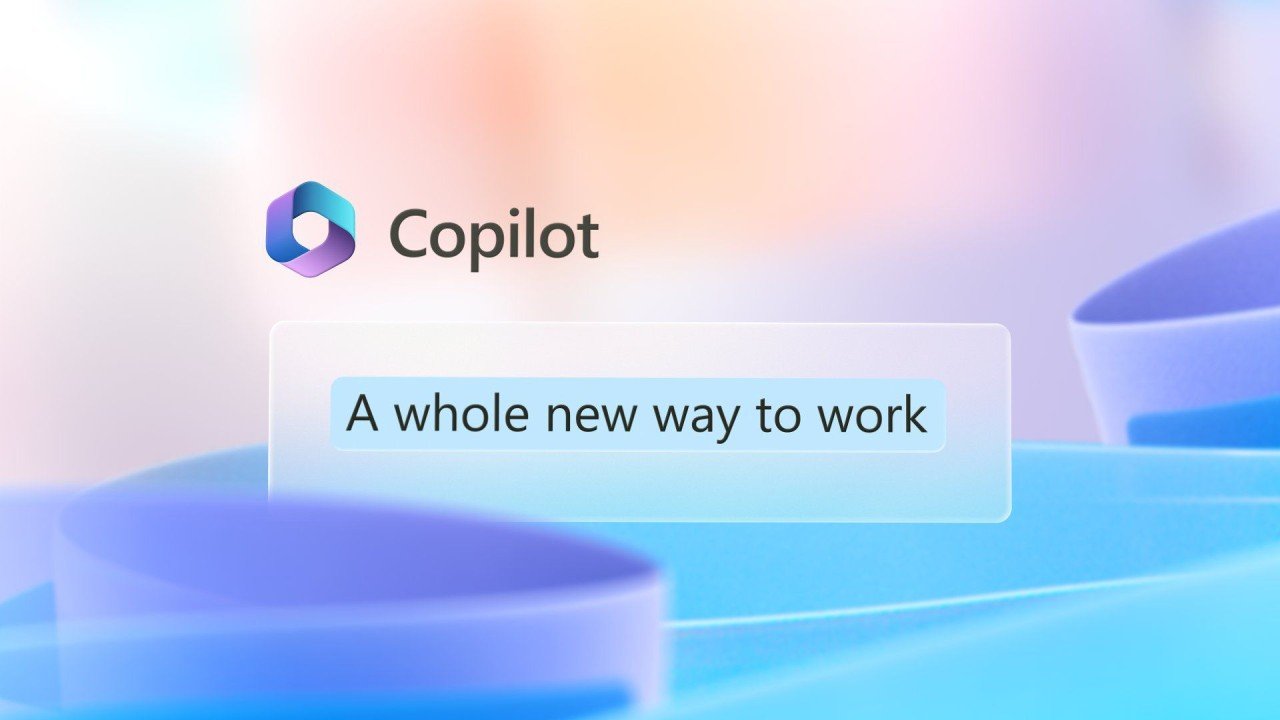The winds of change are swirling through the digital landscape, and Microsoft is pushing the throttle forward with a bold move: making its AI-powered productivity assistant, Copilot, available to all Microsoft 365 users. This expansion marks a significant moment in democratizing AI-powered assistance, promising to revolutionize the way individuals and organizations approach work. But will this “Copilot for Everyone” truly be a smooth flight towards increased productivity and innovation, or are there potential headwinds to navigate? Buckle up, as we explore the key highlights, opportunities, and challenges surrounding this groundbreaking decision.
Key Highlights:
- Microsoft expands Copilot, its AI-powered productivity assistant, to all Microsoft 365 users.
- The move aims to make AI-powered assistance more accessible and affordable.
- Concerns linger around potential job displacement, ethical considerations, and responsible development.
- Experts see Copilot as a tool for enhancing human capabilities, not replacing them.
- Potential benefits include increased productivity, reduced learning curve, enhanced accessibility, and boosted innovation.

Microsoft Democratizes AI Assistance: Copilot for All in Microsoft 365
In a significant move towards democratizing AI-powered assistance, Microsoft announced the expansion of its Copilot technology to all Microsoft 365 users. Previously available in limited capacity, Copilot leverages AI to provide contextual suggestions, automate tasks, and streamline workflows in various productivity applications like Word, Excel, and Outlook. This expansion has the potential to significantly impact how individuals and organizations approach work, raising questions about opportunities, challenges, and responsible development.
Benefits and Potential Impact:
Proponents of Copilot for All highlight several potential benefits:
- Increased productivity: By automating repetitive tasks and offering intelligent suggestions, Copilot can free up users’ time and cognitive resources for more strategic work.
- Reduced learning curve: AI-powered guidance can help new users navigate complex applications more easily, improving overall learning experience.
- Enhanced accessibility: For users with disabilities or cognitive limitations, Copilot can offer valuable assistance, promoting inclusivity within the workplace.
- Boosting innovation: By handling routine tasks, Copilot can empower users to focus on creative problem-solving and innovative approaches.
However, concerns regarding the widespread adoption of AI-powered tools like Copilot also exist:
- Job displacement: Some fear that automation could lead to job losses in specific sectors, particularly those involving repetitive tasks.
- Ethical considerations: Transparency, bias, and accountability in AI development and deployment remain crucial concerns.
- Overreliance on technology: Overdependence on AI tools could hinder critical thinking and problem-solving skills in users.
Moving Forward: Responsible Development and Human-AI Collaboration
Experts emphasize the importance of responsible development and deployment of AI tools like Copilot. Transparency in algorithms, human oversight, and continuous evaluation are crucial in mitigating potential risks and ensuring ethical use. Ultimately, Copilot is seen as a tool for augmenting human capabilities, not replacing them. Human expertise, creativity, and judgment remain invaluable in navigating complex tasks and driving innovation.
The expansion of Copilot for All presents a unique opportunity to explore the potential of AI in empowering individuals and organizations. However, careful consideration of ethical implications, responsible development, and fostering human-AI collaboration are essential to ensure a future where technology enhances, not replaces, human capacity.


















